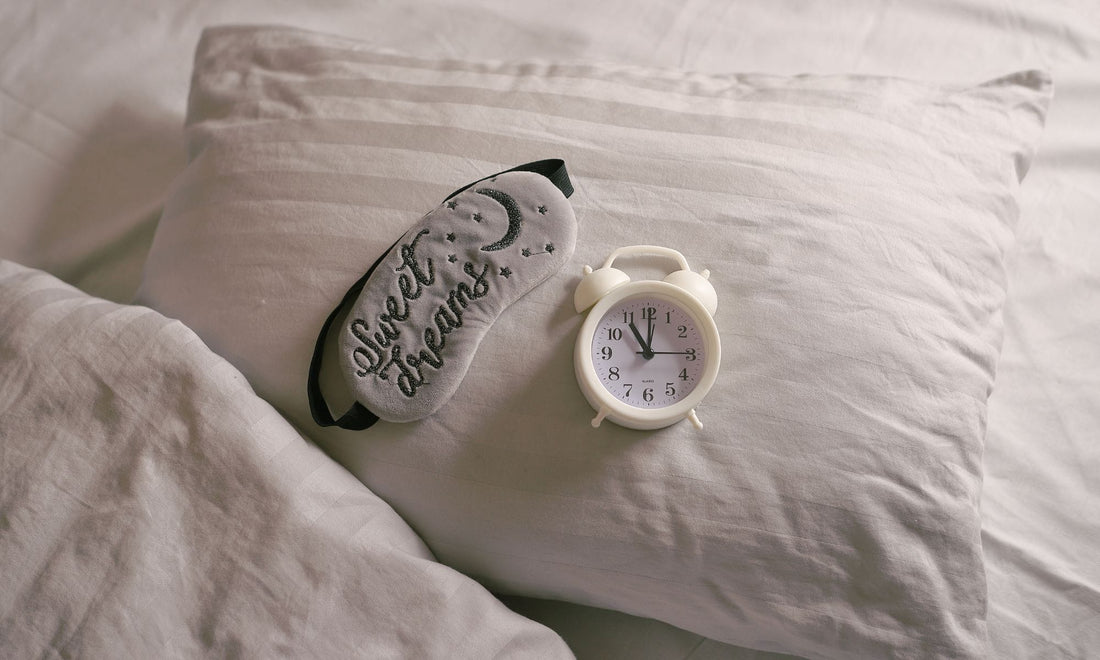
Is 6 Hours of Sleep Enough?
If only we could sleep less and do more… A common thought people have in our busy modern society, wishing you could live off less sleep but still show up as needed in everyday life. So is it possible? Would cutting sleep back just a little bit, down to 6 hours be enough to get us through the day?
For a very small percentage (between 1-3%) of people, 6 hours of sleep may be enough. These people have a genetic exception in the form of a gene mutation that allows them to survive off less sleep than the large majority of the population.
For the rest of the population, Australian recommendations state that between 7 and 9 hours are required for adults aged 18-64 and 7 to 8 hours for those 65 years and older.
Less than 6 hours of sleep for adults 18-64 or less than 5 for those 65+ is termed ‘short sleep’ and is more prevalent during weekdays than on weekends, hinting that our busy lifestyles and the demands of work may have something to do with our lack of getting enough sleep.
Why does it matter?
Short sleep has been associated with a number of diseases, including the increased risk of diabetes, stroke, hypertension and cardiovascular disease. This incidence of death is also linked to short sleep, as it increases risk of death by 12%.
Health issues aside, a lack of sleep impacts concentration, mood, performance and how we feel and function day-to-day. It certainly doesn’t help us be our amazing selves and unlock our full potential.
If you’re sitting there thinking “I’m fine once I have a coffee though”… keep reading.
The problem is, we often mask our tiredness with band-aid fixes like coffee and energy drinks to give us the caffeine hit we need to kick our body and mind into gear. While caffeine might make us feel better in the short term, it’s not fixing the damage that a lack of sleep can cause. In fact, it may even worsen sleep issues and exhaustion, giving you a false sense of feeling well rested and interrupting quality sleep.
Our tips for getting adequate sleep:
-
Go to bed earlier than you need to to fit in your adequate amount of sleep.
It often takes us longer to get into bed and actually fall asleep than we think. So if you need to be up at 6am, don’t decide to go to bed at 10pm, try going to bed at 9pm to allow for anything that may delay the time you actually fall asleep.
- Keep your sleep and wake times consistent.
Our minds and bodies love routine and keeping a consistent sleep and wake up time helps support our sleep. - Find the ideal amount of sleep for you.
Keep track of how many hours you slept and how you felt during the day, including your energy levels to find what amount of sleep works best for you.











































































